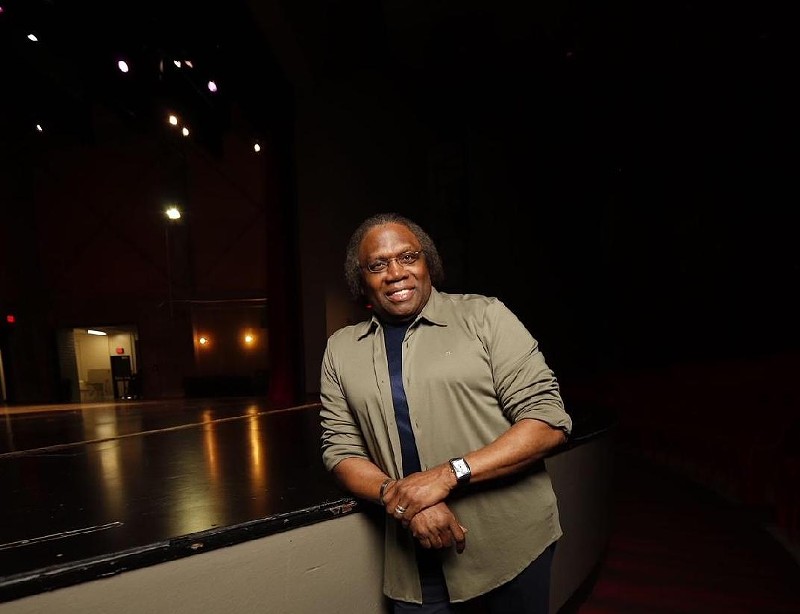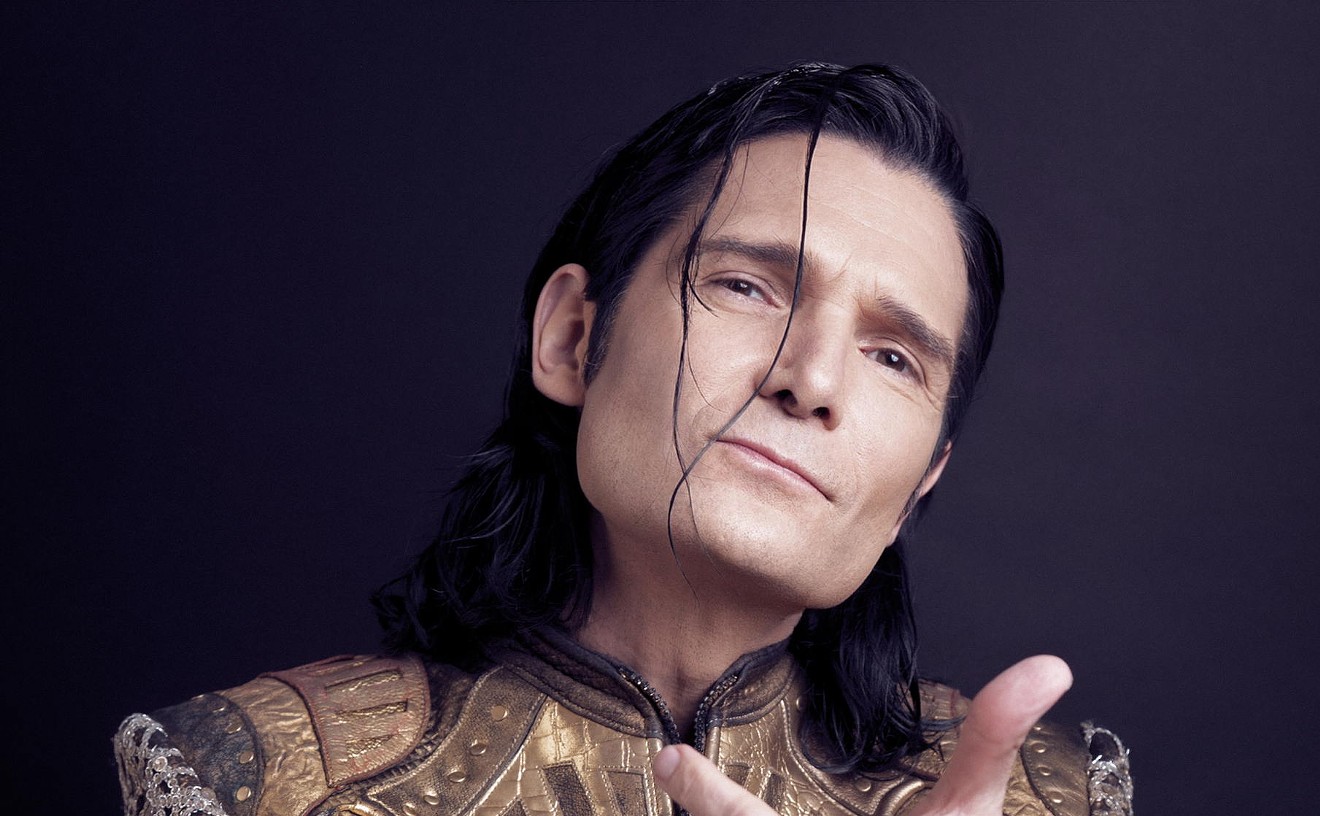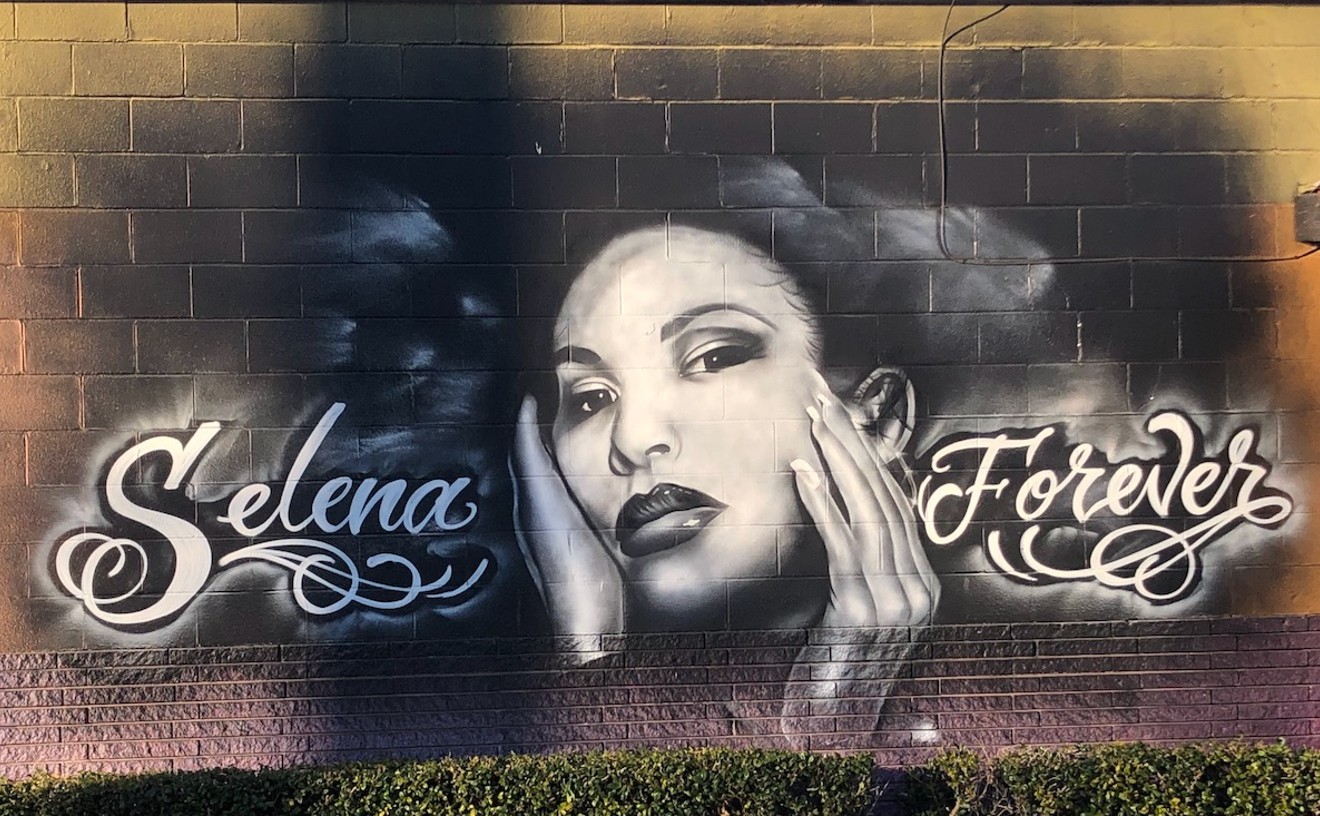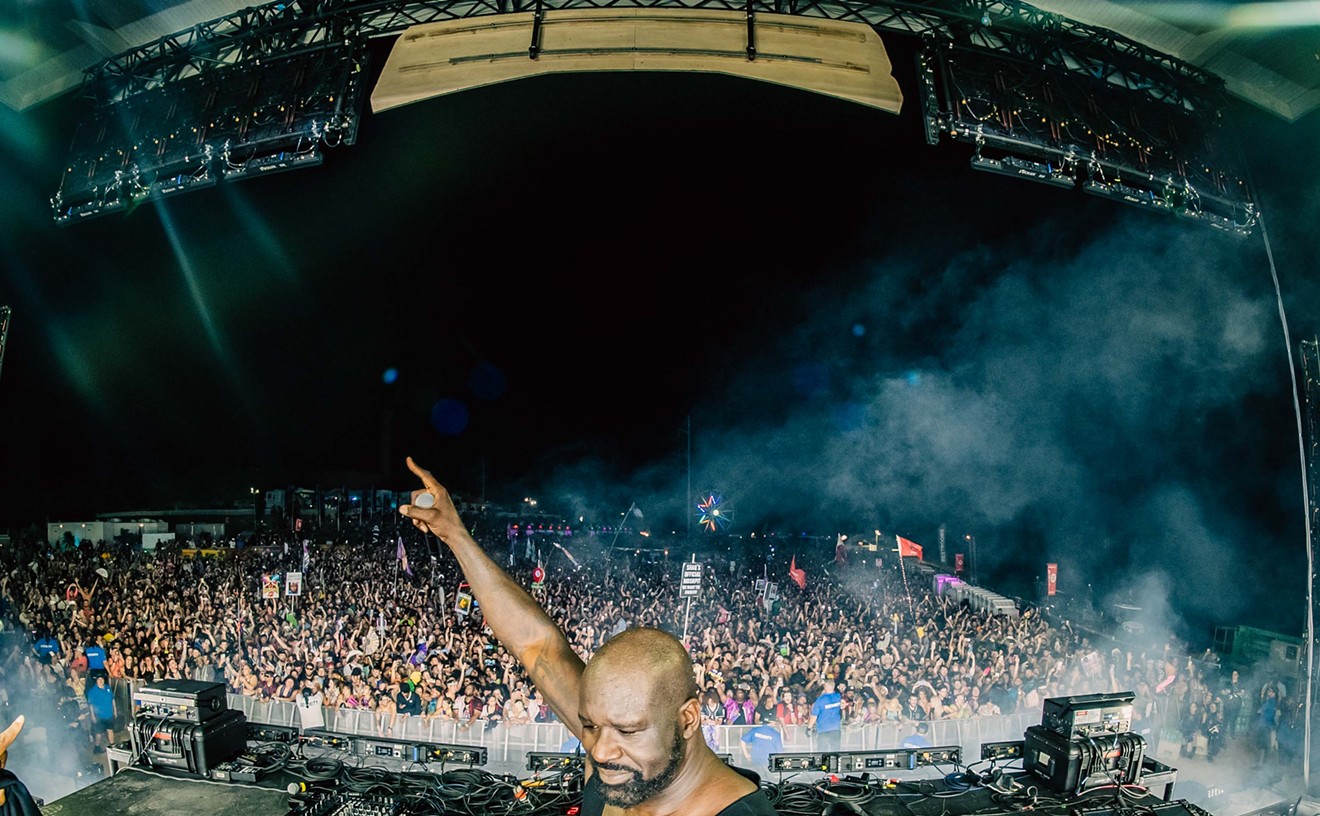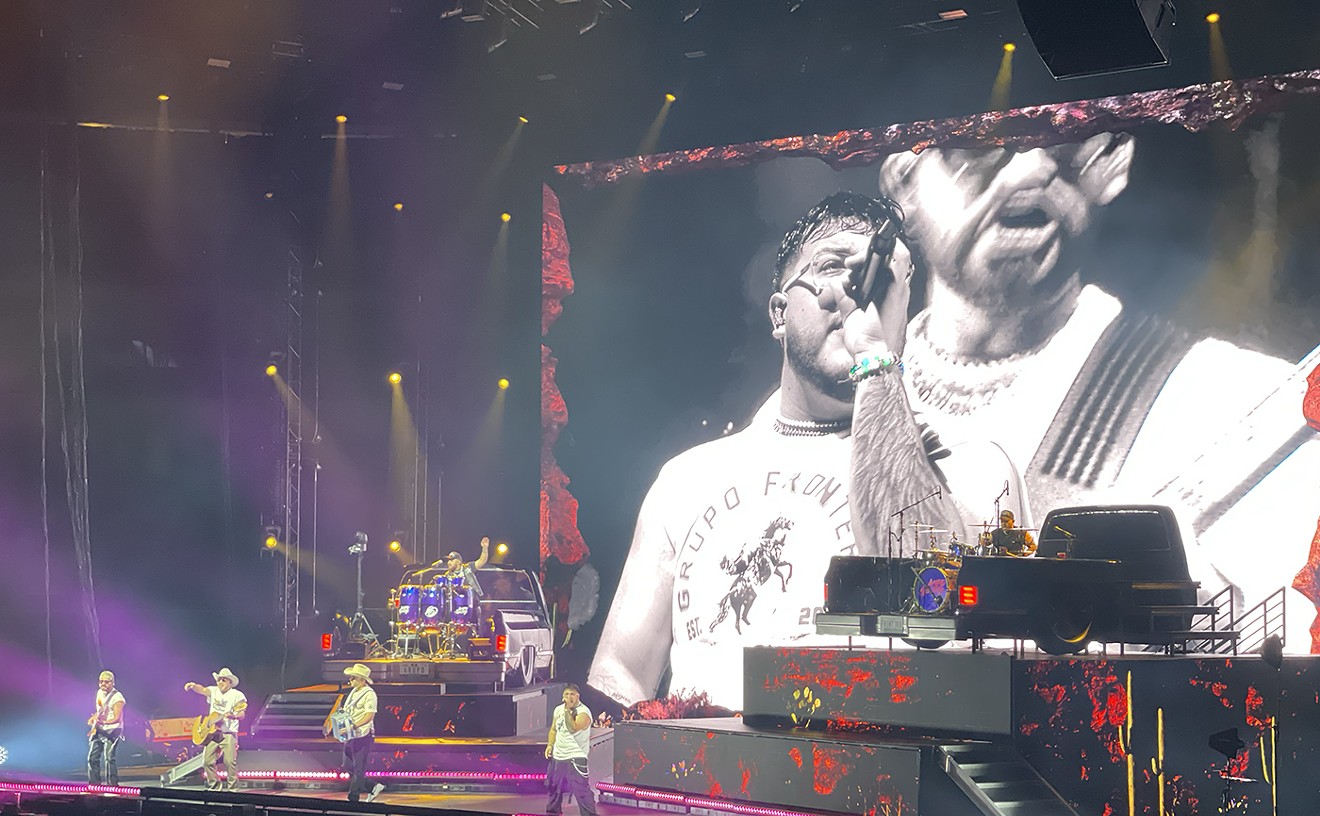Founded by Emmy Award winner Curtis King, founder and president of TBAAL, the Riverfront Jazz Festival will open Friday night with a tribute to Tina Turner and run through the weekend with an extensive lineup of acts and jazz performances across three stages.
“I’m excited, because we do have a diversity of music across jazz,” says King, who calls himself a fan of all forms of jazz, — traditional, smooth and jazz funk — as well as all musical genres, gospel, rhythm and blues, soul, classical and, of course, theater.
His voice elevates in excitement as he names some of the artists he’s looking forward to seeing in a long list: Stephanie Mills, the Naturally 7 acapella group, Chucho Valdes, Michael Franks and more.
“Hubert Laws, he and his sister Eloise are performing with the Dallas Symphony, one of the closing acts on our main stage,” says King. “I’m really excited to see him, because he’s one of our great legendary artists.”
The event will present local, national and world-renowned artists; vendors of art, merch, clothing and more; and food from in and out of state, from barbecue to Cajun, seafood, fried foods, shish kabobs and more. Ultimately, the event is serving a higher purpose, though, as an arts celebration designed to bring together the community in support of TBAAL’s vast arts programs, which pre-COVID numbered 100-plus programs each year.
“The smaller stage is the Promising Young Artist Stage,” says King. “Because the whole festival, the money is designed to support the youth arts and education programs and our institution’s long-term sustainability. I think that if you’re asking people to support something, you need to make sure they’re involved, and that’s what we do.”
The festival runs Friday, Sept. 1, through Sunday, Sept. 3, and includes performances by RC &The Gritz and Jason Marsalis. Tickets start at $89.
TBAAL involves the groups they benefit in all their arts programs, especially the youth programs, which present yearly full-length musicals, theater performances and other shows with casts composed solely of the youth in the programs. Some include Dallas Independent School District students.
“We have a wonderful relationship with the DISD; we do a number of programs with them. One is Performing Arts Matter — ‘cause you know everything matters these days, right?” King says with a grin. Last year, the afterschool program was held in six schools, but King says DISD wants to expand it to 10 to 12.
"Then a lot of kids who come to the afterschool program end up coming to the summer enrichment program," King says.
“Our goal is enriching the lives of young people to help them deal with conflict resolution, increasing their vocabulary ... then those who are really interested in the arts have the opportunity to move on to our Master’s Program which is music, theater and dance and eventually the Broadway Dream Program.”
In these programs, the youth learn all aspects of performance — even behind the scenes, learning stage design, makeup, costumes and other aspects of performance arts. The Youth Art Institute and Young Gifted Black Artists are two of TBAAL’s youth programs benefitting from the proceeds from the Riverfront Jazz Festival. And like the recipient children and King himself, the festival comes from a humble background.
“A friend of mine in Washington D.C., kind of pushed me to the idea, because he kept saying to me, ‘You should come to D.C. for this Capital Jazz Festival, it’s really something,’” says King. “I started going 10, 12 years ago and I said, ‘Man, I should do this in Dallas.’ So about 10 years ago, I sat down with a developer to try and do the festival on Lamar Street and I couldn’t get the money, and he took the idea and did the Lamar Street Festival, which just ran one year."
King waited a few years, he says and the idea came crashing back.
“[I] bumped into two women at an event and they said they were looking for something to do on Labor Day weekend," King recalls. "I told them about the jazz festival and how it kind of fell apart and they said send us something. So I sent them a proposal and they gave us $100k from Visit Dallas.”
The event, which would’ve been in its seventh year if not for COVID, has been growing since, with support from organizations such as the Dallas Mavericks and the City of Dallas Office of Arts and Culture. Over the years it has presented artists large and small, including Dallas treasure Erykah Badu, who stands as Honorary Chair for the event and TBAAL organization, and is Mr. King's niece.
"When I was producing and starting the Black Academy, I had no idea this would be a project I would do for the rest of my life. I didn’t choose this. Some things, God chose for you.” – Curtis King
tweet this
“This is the first year she wasn’t able to perform because she’s out of the country,” says King. “But to be associated with a super huge, iconic artist like Erykah Badu, who grew up in this theater, who’s family to me, and to know she has taken a lot of the teachings ... some of the things I’ve put in her life and incorporated it into her work. She’s such a big name, she attracts so many people to Dallas and specifically this institution.
“She has always been so responsive to giving back. I remember in 1997, she came to the theater and she said, ‘Uncle Curt, I want you to have this,’ and handed me a $15,000 check and just said, ‘Thank you.’ For her to do that, she’s an artist who created a genre of music, neo-soul, that’s iconic. For her to give back and loan her name to the institution, that helped to lift our profile and our brand.”
TBAAL has grown over 47 seasons, and King’s reputation in Dallas in the arts, nonprofit, business and other sectors is obvious in how people refer to him ("Mr. King"). He admits, however, not all references are so formal.
“Some call me Uncle Curtis, some call me Pops, some just call me Curtis,” he says. “Someone asked if it bothered me if my students call me by my first name. I said not at all. When I was producing and starting the Black Academy, I had no idea this would be a project I would do for the rest of my life. I didn’t choose this. Some things, God chose for you.”
Raised in a small town in Mississippi by a farmer father and teacher mother, King carries a humility that’s undeniable and a purpose-driven attitude that's apparent in what he’s created.
“I wanted this to be a festival, because music is a healer,” says King. “I had a professor say, ‘I don’t do art for art’s sake; it’s for the people. Art is by the people. It’s with the people.’ So when I keep the people in the art, it’s fulfilling to me. I mean, everybody can make money, but then to see the calls and the people coming and know they’re in line buying tickets for something I’m the creator for, something that I’ve given birth to.
“The work I do has to do with healing people. Music is a healer. I want this to be something where people come and they hear the music and they deal with all their troubles.”

